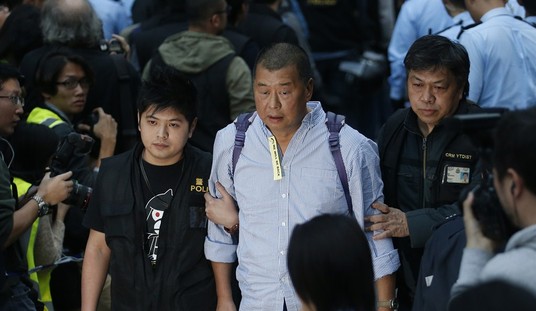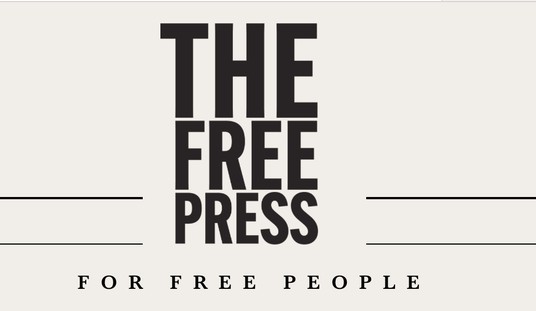What does America see as the biggest problem facing the nation? It’s not terrorism, foreign policy, or race relations — and it’s not even the economy. That comes in a distant second to the government itself, which has topped the list for four straight months in the Gallup poll:
Americans continue to name the government (18%) as the most important U.S. problem, a distinction it has had for the past four months. Americans’ mentions of the economy as the top problem (11%) dropped this month, leaving it tied with jobs (10%) for second place.
Though issues such as terrorism, healthcare, race relations and immigration have emerged among the top problems in recent polls, government, the economy and unemployment have been the dominant problems listed by Americans for more than a year. …
While the ranking of the top two problems is similar to what Gallup found in February, mentions of the economy dropped from 16% to the current 11%. In a separate measure, Americans’ confidence in the economy had been dipping further into negative territory in late February and early March, but has been improving in recent days.
If one combines “Economy in general” and “Unemployment/Jobs,” the 21% would outstrip government, but only just. Those two combined for 25% in February, so the trend on that line has dropped, but not for “government.” Gallup’s chart for that category only goes back a year, but during that time, it has remained at or near the top of the list for the biggest problems the US faces — peaking at 20% four different times, and only dropping as low as 15% once — immediately after the midterms.
“Government” is a broad term, of course, and it could mean a number of things, or a combination of them. It might refer to state governments, but given the national scope of the question, that seems unlikely. The bigger question will be how much of this refers to the executive branch, and how much refers to Congress. The latter’s popularity is almost always low anyway, but voters have very little direct experience with Congress as an institution or its members individually, either. For most Americans, the experience of the federal government comes from direct or indirect impact of the executive branch — regulation enforcement, taxes, even through proxies like the TSA in airports, and so on.
The rise of government as a problem reflects directly on the Obama administration, which has attempted to stretch its reach even further into the lives of Americans, lately through unilateral executive actions. The implications, though, will outlast Obama’s tenure. Democrats ran in 2008 and 2012 attempting to make government cool again, as a way to make the progressive agenda and its reliance on top-down control more palatable. ObamaCare has worn down the cool factor considerably, and now both parties have strong currents of anti-establishmentarian passion driving their grassroots. As long as people continue to perceive government as a major problem rather than a potential solution, betting on either the Democratic establishment or its progressive wing will be a big political risk — and that’s the argument that Republicans and conservatives have to make in 2016.







Join the conversation as a VIP Member